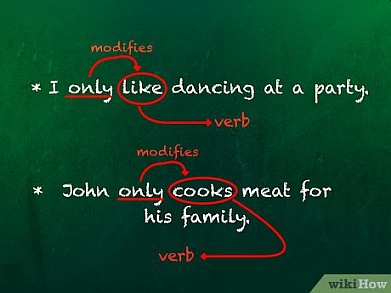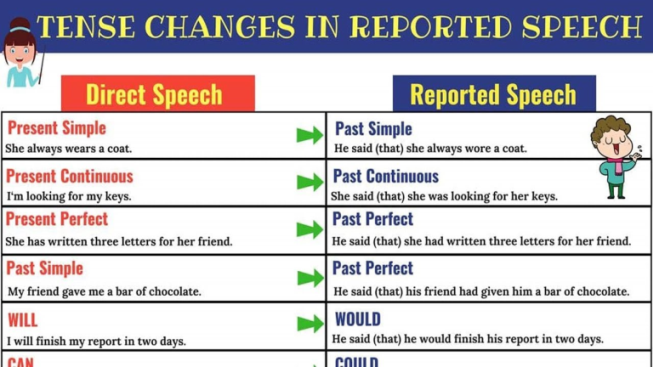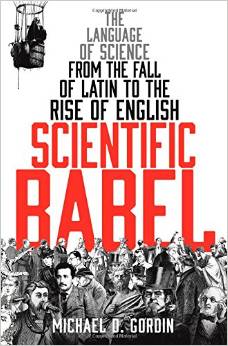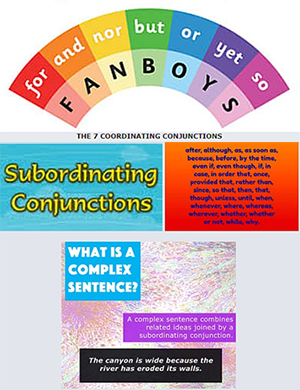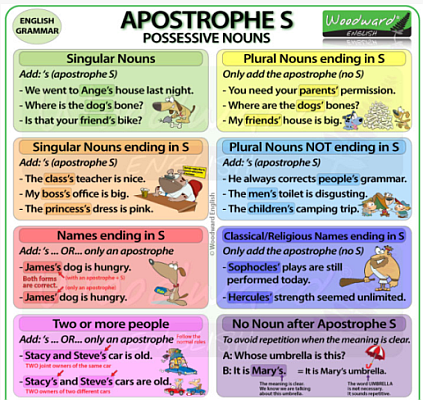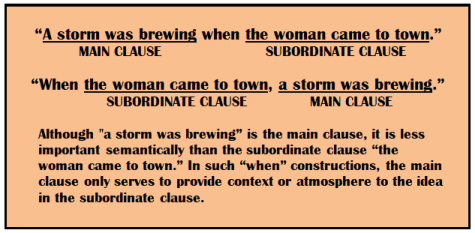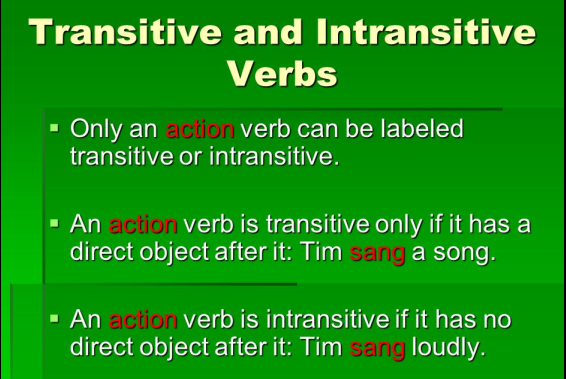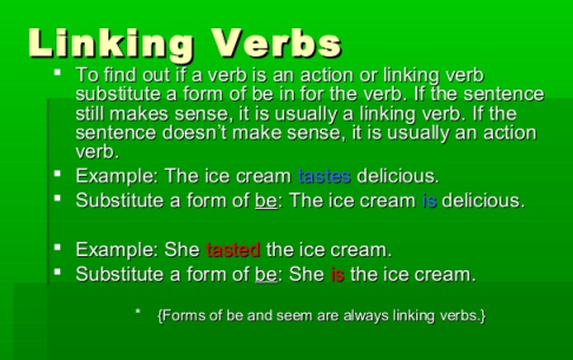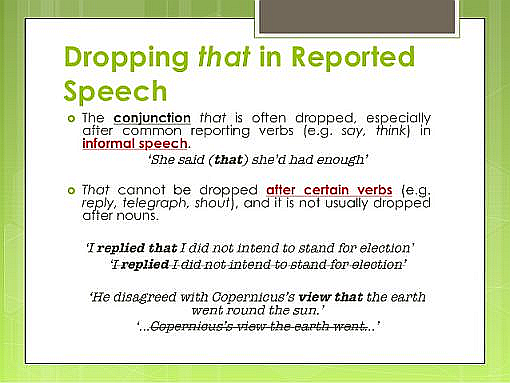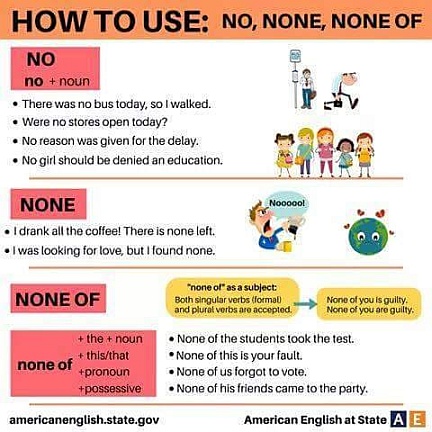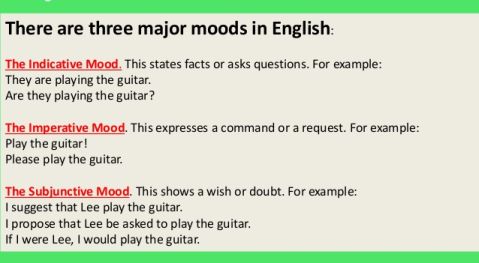21
Advice and Dissent / "Did the First Mass historians ever talk to one another?" - Parts 1, 2, and 3
« Last post by Joe Carillo on February 25, 2024, 11:08:17 PM »Advice and Dissent Retrospective:
“DID THE FIRST MASS HISTORIANS EVER TALK TO ONE ANOTHER? - Parts 1, 2, and 3
On the run-up to the coming 503rd anniversary of the very first Holy Mass in the Philippine archipelago that took place on March 31, 1521, the Forum is doing a retrospective of a three-part article, "Did the First Mass historians ever talk to one another?", that I posted on September 16 and 23 and October 27, 2021. The article was in reply to a question raised in an e-mail sent to me by Forum member Miss Mae in early September that same year.
Here's Miss Mae's question: “I wonder if Maximilianus Translyvanus had asked for Antonio Pigafetta’s permission when he wrote a version of the narrative. The problem started with him. He may be a royal courtier and secretary to the king but wasn’t verifying one of his responsibilities? This historical mistake must also be included in the profile of Giovanni Battista Ramusio. I have grown up believing that the First Mass happened in Limasawa and a classmate or two of mine were marked wrong because they didn’t get the spelling of the place correctly.”
She raised that question shortly after the Forum wrapped up on August 18, 2021 its 21-part series on the ages-long controversy over where the first Holy Mass in the Philippines was actually celebrated--was it in the island of Mazaua as recorded in the first-hand account of Antonio Pigafetta, the official chronicler of Ferdinand Magellan's expedition to the Philippine archipelago; or in the island of Limasawa in the Visayas that the Church Historians Association of the Philippines (CHAP) and the pro-Limasawans, against all evidence, have aggressively defended over the years and succeeded in getting officially recognized as the historically correct site of that first Holy Mass?

All those interested are invited to once again review with an open mind the indubitable evidence and historical accounts as well as the pertinent geographical and navigational information regarding this momentous event in Philippine history.
SUGGESTED READING SEQUENCE OF THE FORUM POSTINGS:
1. "Did the First Mass historians ever talk to one another?"
Part 1 - https://josecarilloforum.com/forum/index.php?topic=8451.0
Part 2 - https://josecarilloforum.com/forum/index.php?topic=8453.0
Part 3 - https://josecarilloforum.com/forum/index.php?topic=8458.0
2. "New history book asserts that the lost island of Mazaua is the true site of the first Holy Mass in the Philippines"
https://josecarilloforum.com/forum/index.php?topic=8315.0
3. "Getting our Philippine history right after 500 years" - Parts 1 to 21
https://josecarilloforum.com/forum/index.php?topic=8348.0 ...
https://josecarilloforum.com/forum/index.php?topic=8435.0 (Conclusion)
“DID THE FIRST MASS HISTORIANS EVER TALK TO ONE ANOTHER? - Parts 1, 2, and 3
On the run-up to the coming 503rd anniversary of the very first Holy Mass in the Philippine archipelago that took place on March 31, 1521, the Forum is doing a retrospective of a three-part article, "Did the First Mass historians ever talk to one another?", that I posted on September 16 and 23 and October 27, 2021. The article was in reply to a question raised in an e-mail sent to me by Forum member Miss Mae in early September that same year.
Here's Miss Mae's question: “I wonder if Maximilianus Translyvanus had asked for Antonio Pigafetta’s permission when he wrote a version of the narrative. The problem started with him. He may be a royal courtier and secretary to the king but wasn’t verifying one of his responsibilities? This historical mistake must also be included in the profile of Giovanni Battista Ramusio. I have grown up believing that the First Mass happened in Limasawa and a classmate or two of mine were marked wrong because they didn’t get the spelling of the place correctly.”
She raised that question shortly after the Forum wrapped up on August 18, 2021 its 21-part series on the ages-long controversy over where the first Holy Mass in the Philippines was actually celebrated--was it in the island of Mazaua as recorded in the first-hand account of Antonio Pigafetta, the official chronicler of Ferdinand Magellan's expedition to the Philippine archipelago; or in the island of Limasawa in the Visayas that the Church Historians Association of the Philippines (CHAP) and the pro-Limasawans, against all evidence, have aggressively defended over the years and succeeded in getting officially recognized as the historically correct site of that first Holy Mass?

All those interested are invited to once again review with an open mind the indubitable evidence and historical accounts as well as the pertinent geographical and navigational information regarding this momentous event in Philippine history.
SUGGESTED READING SEQUENCE OF THE FORUM POSTINGS:
1. "Did the First Mass historians ever talk to one another?"
Part 1 - https://josecarilloforum.com/forum/index.php?topic=8451.0
Part 2 - https://josecarilloforum.com/forum/index.php?topic=8453.0
Part 3 - https://josecarilloforum.com/forum/index.php?topic=8458.0
2. "New history book asserts that the lost island of Mazaua is the true site of the first Holy Mass in the Philippines"
https://josecarilloforum.com/forum/index.php?topic=8315.0
3. "Getting our Philippine history right after 500 years" - Parts 1 to 21
https://josecarilloforum.com/forum/index.php?topic=8348.0 ...
https://josecarilloforum.com/forum/index.php?topic=8435.0 (Conclusion)


 Recent Posts
Recent Posts
